Alle Posts
Informieren Sie sich über unsere Arbeit und die neuesten Nachrichten auf dem Gebiet der datenzentrierten KI, der industriellen KI, der LLMs und mehr.
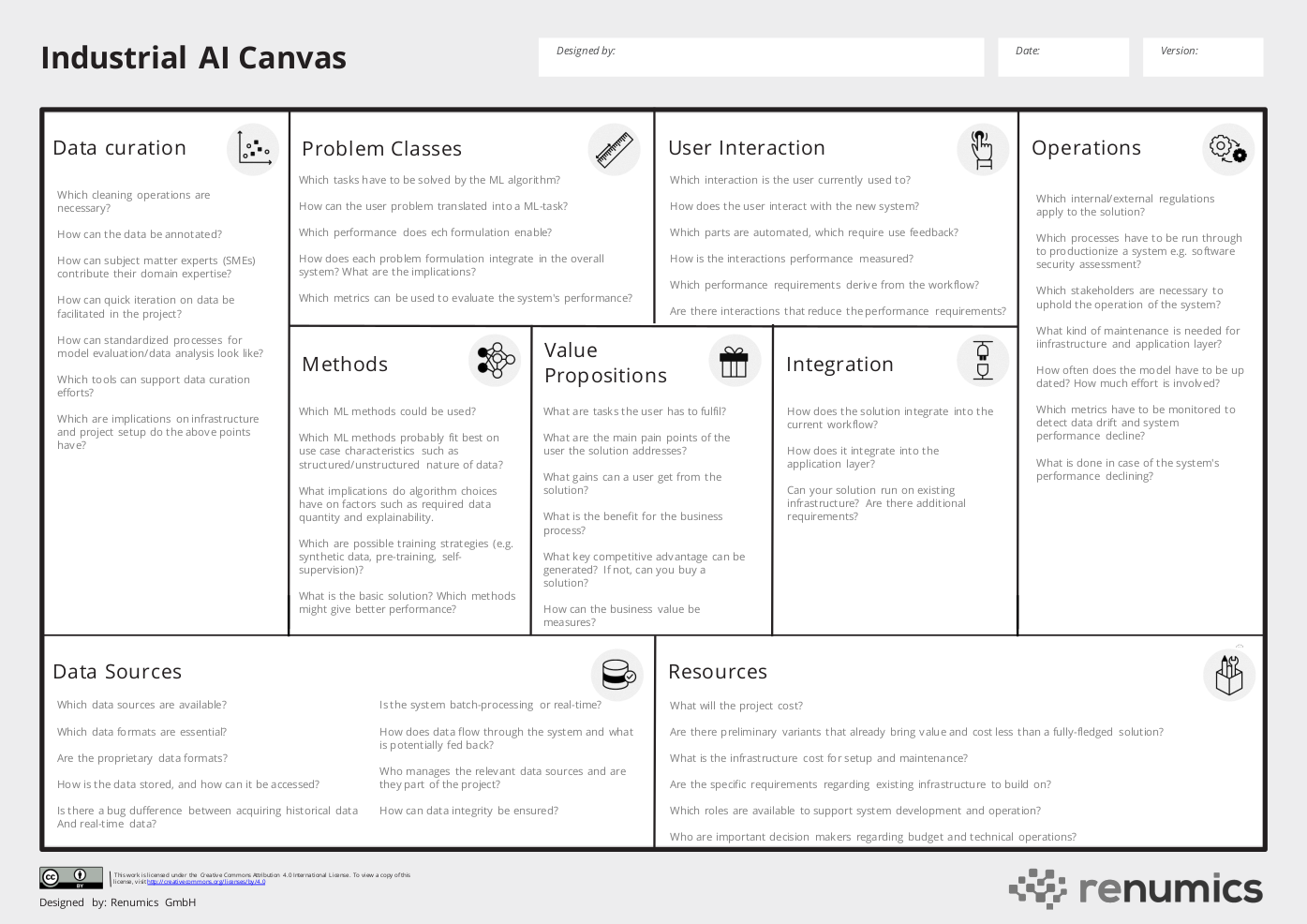
Data-centric AIdata curationproject managementuse case assessment
The Industrial AI Canvas
The Industrial AI Canvas can be a useful tool for planning data and ml-based projects.
Daniel Klitzke
•
4 min read
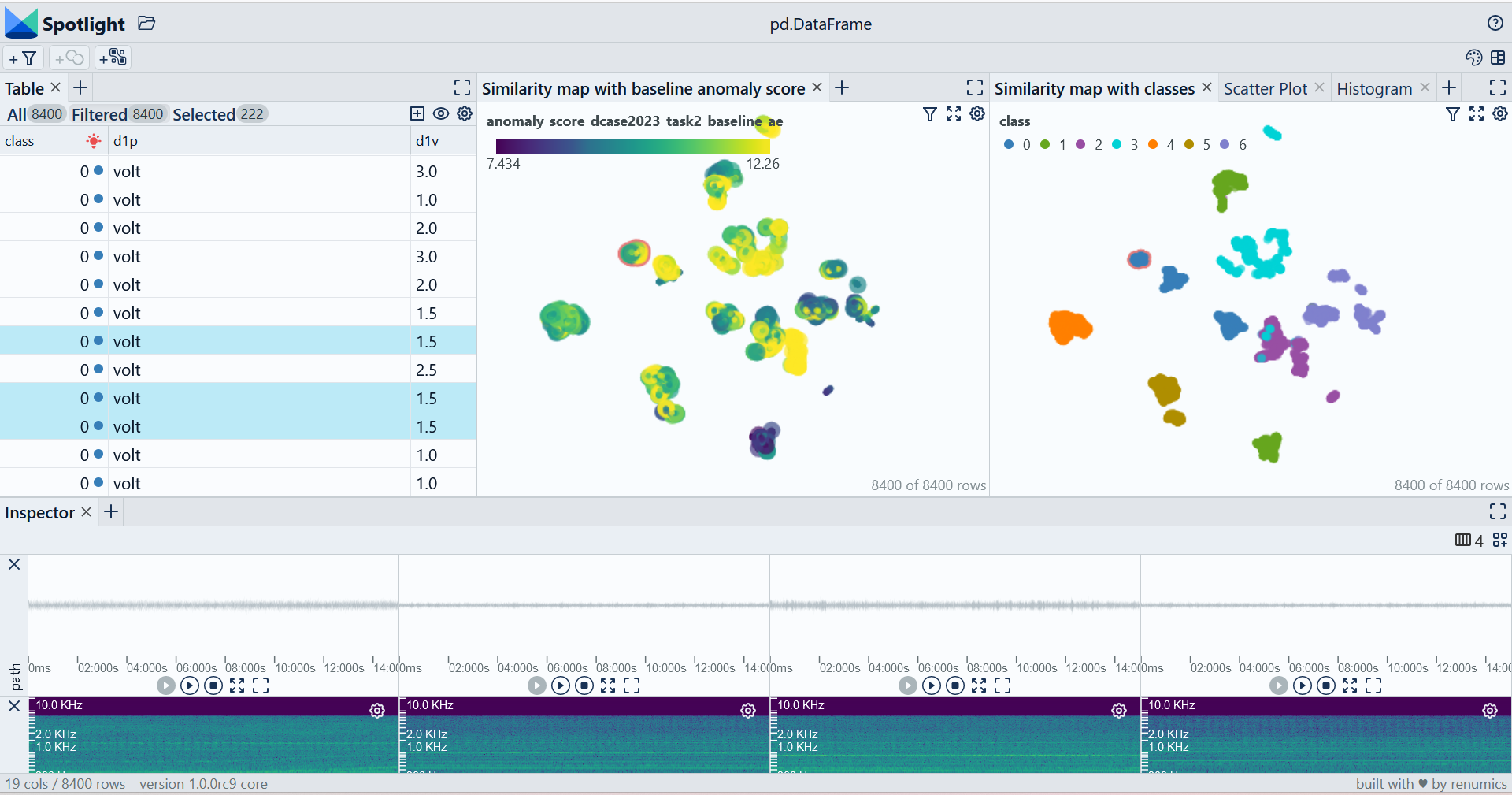
data-centric AIdata curationanomaly detectionacoustics
Enriched dataset for anomalous sound event detection
If you work in ML-based acoustics, the annual DCASE challenge is a great resource to learn about new state-of-the-art methods. We built an enriched dataset for the condition monitoring task that can be downloaded from Huggingface and explored with Spotlight in just five minutes.
Stefan Suwelack
•
4 min read
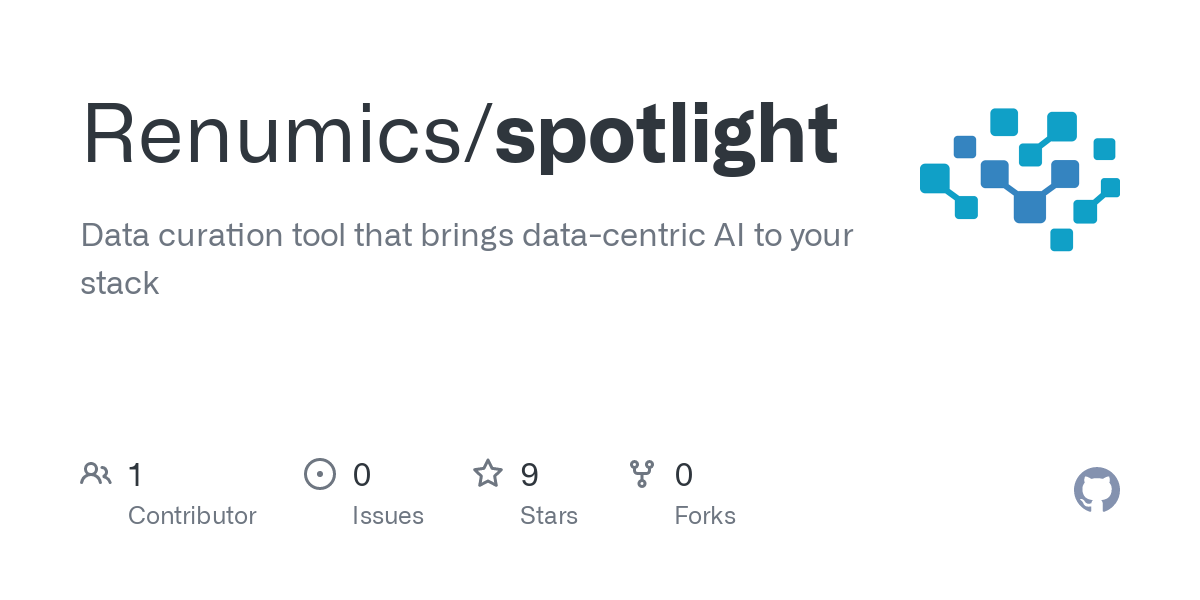
data-centric AIdata curation
Why we are building Spotlight
We have just released the open version of our data curation software Renumics Spotlight. It is intended for cross-functional teams who want to be in control of their data and data curation processes. In this post I would like to share our ideas behind this product.
Stefan Suwelack
•
5 min read
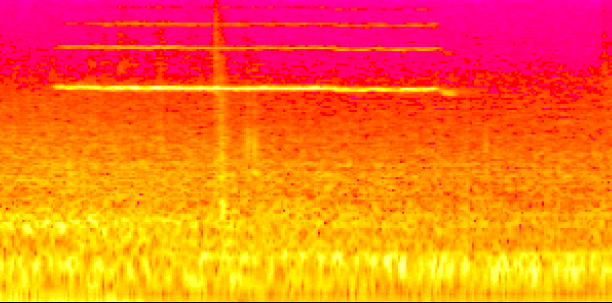
test dataautomationacoustic event detection
Machine learning for test data analysis: Brake squeal example
Machine learning can drastically speed up the analysis of engineering test data. We use the AI-assisted Engineering Canvas to conceptualize a use case from brake squeal analysis.
Stefan Suwelack
•
7 min read
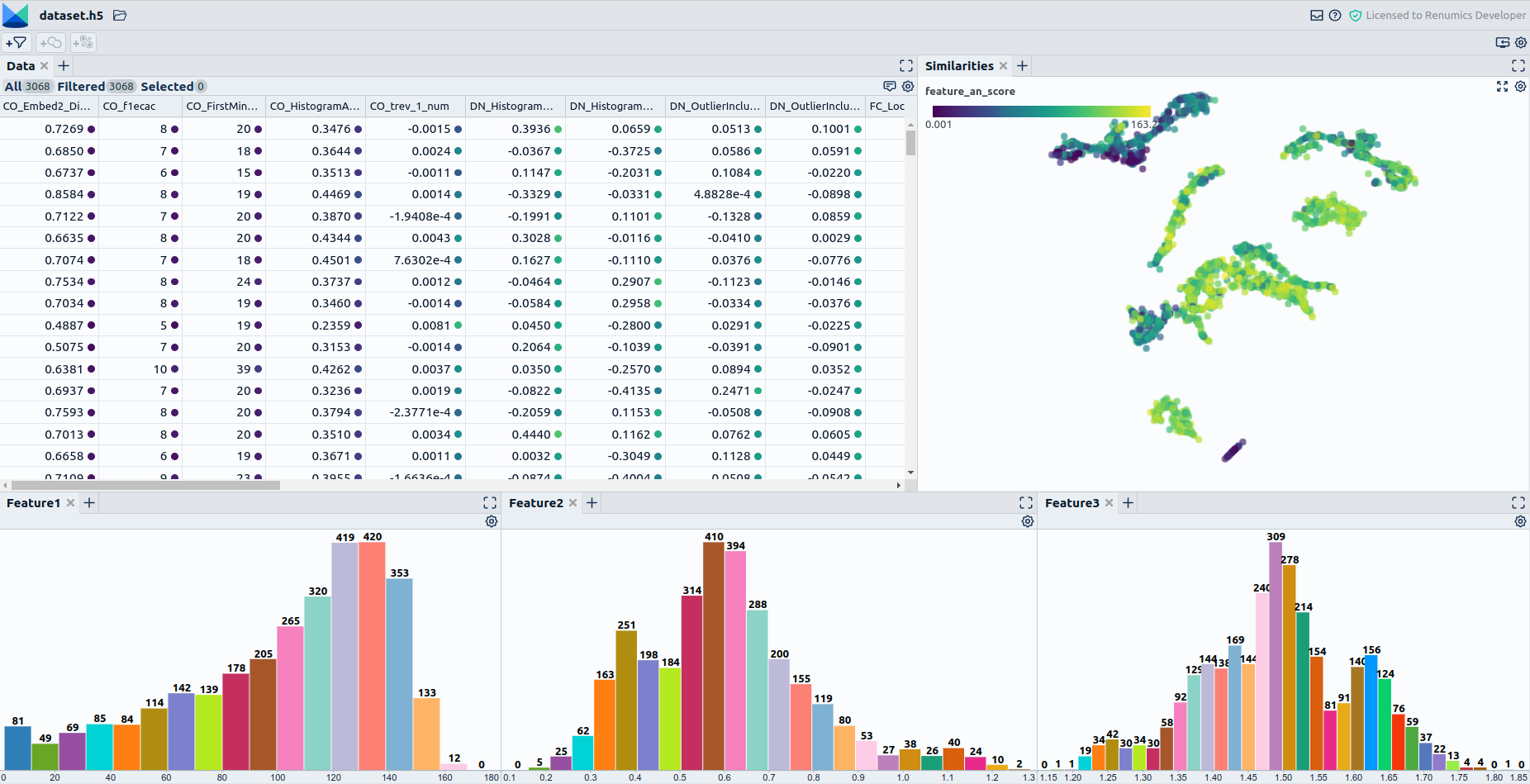
condition monitoringdata curationaudiodata explorationEDA
Data curation checklist for condition monitoring (Part 2)
Data collection for condition monitoring has several pitfalls, potentially leading to data that is not suitable for training robust machine learning models. The data problems resulting from the data collection include but are not limited to the presence of failures in the recording equipment, the dominance of specific operating conditions, or mislabeled audio samples. In this article, we will thus help you to ask the right questions and equip you with a checklist you can use when collecting and preparing data for your condition monitoring use case.
Daniel Klitzke
•
5 min read
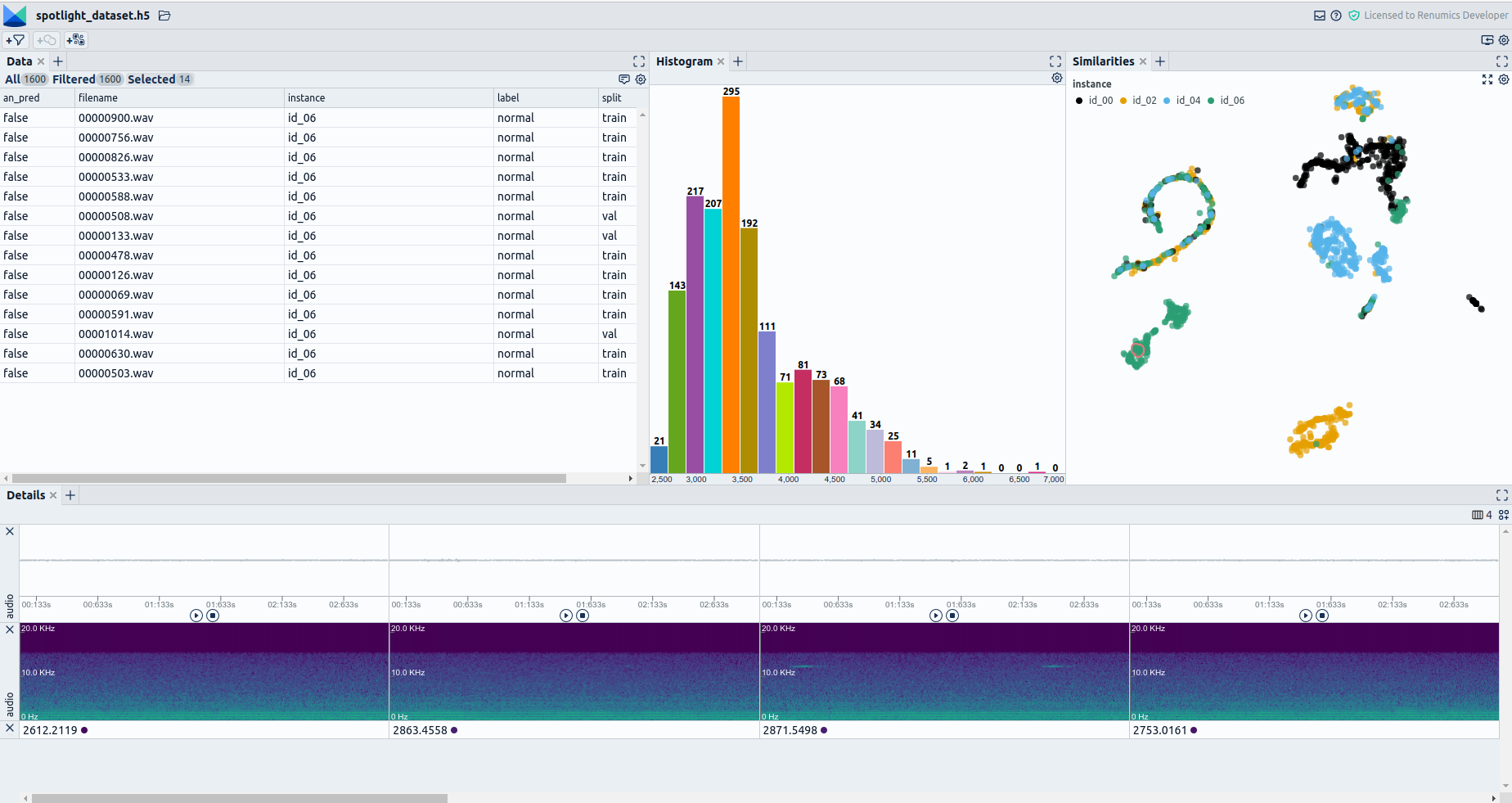
condition monitoringdata curationaudiodata explorationEDA
Data curation checklist for condition monitoring (Part 1)
Data collection for condition monitoring has several pitfalls, potentially leading to data that is not suitable for training robust machine learning models. The data problems resulting from the data collection include but are not limited to the presence of failures in the recording equipment, the dominance of specific operating conditions, or mislabeled audio samples. In this article, we will thus help you to ask the right questions and equip you with a checklist you can use when collecting and preparing data for your condition monitoring use case.
Daniel Klitzke
•
6 min read
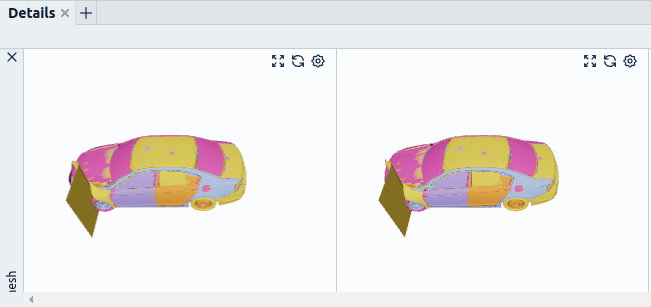
visual inspectiondata curationLookout for Visionproductiondata-centric AIMLOpscloud
Improving sample selection in surrogate modeling
Selecting samples for training robust surrogate models in simulation can be a real challenge. Active learning-like approaches where samples are selected iteratively can help overcome this challenge. We show how to apply such a procedure to save time and computational resources while making your surrogate model even more robust.
Daniel Klitzke
•
4 min read
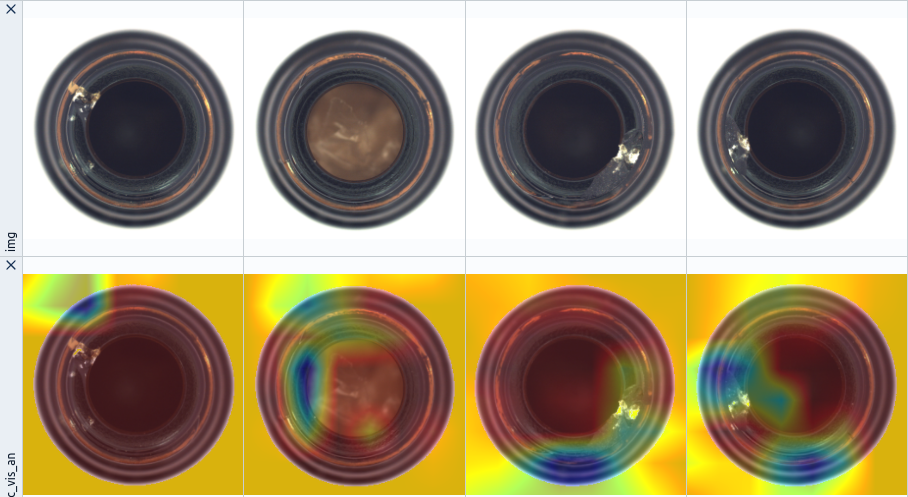
visual inspectiondata curationLookout for Visionproductiondata-centric AIMLOpscloud
Building robust Visual Inspection models using Amazon Lookout for Vision
Building robust models for Visual Inspection in production settings can be a real challenge. Here, cloud services like Amazon Lookout for Vision promise relief for model training but have limitations regarding data curation. This article explores those potential shortcomings and shows how to improve over them to leverage these services to the fullest.
Daniel Klitzke
•
8 min read